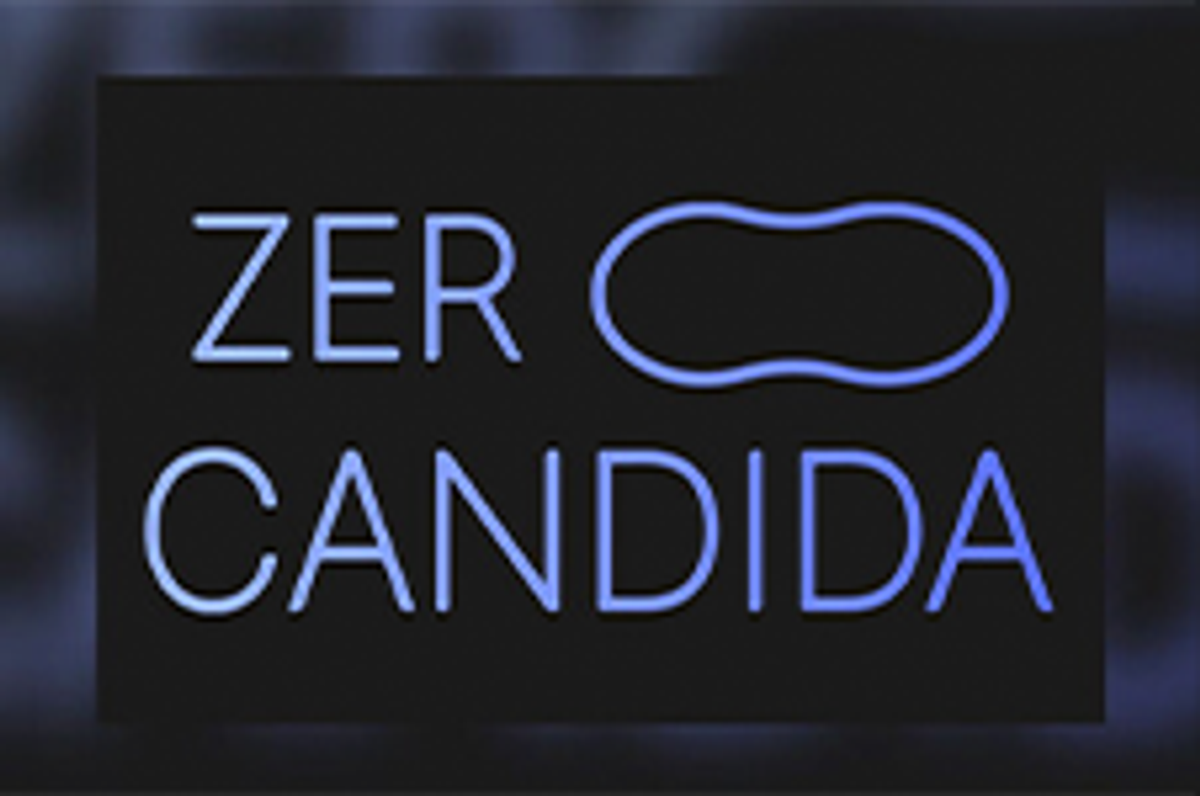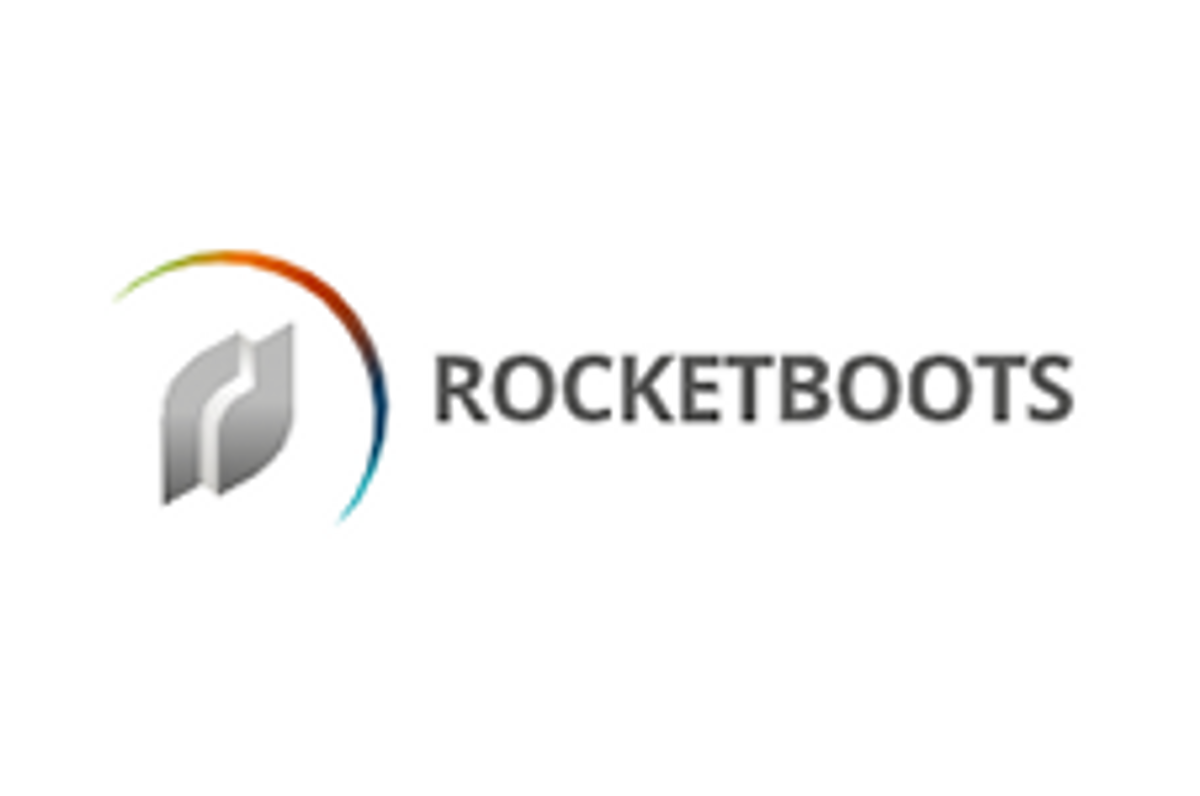
According to the report: u p to 75% of women will have at least one vaginal yeast infection in their life
- A market analysis made by Moore Financial Consulting published today estimate the global market for Zero Candida Technologies, Inc. (TSXV: ZCT) (FSE: 9L2) (the "Company" or "ZCT"), an Israeli FemTech medical device company focused on revolutionizing women's health, will reach over USD 2 billion by 2030, with a compound annual growth rate of 5.25% globally and 3.9% in North America and 4.2% in Europe .
The analysis emphasis that up to 75% of women will have at least one vaginal yeast infection in their life, Moreover, recurrent VVC (Vulvovaginal Candidiasis) affects nearly 8% of women globally (for women above the ages of 15-60). According to the data, 100% of women with Recurrent VVC will purchase a combination of over-the-counter and prescription antifungal treatments, usually with the common use of oral agents. Compared to women with non-recurrent VCC, 55.2% will purchase prescription antifungal treatment, 37% over-the-counter antifungal, 5.6% will purchase a combination of both treatments, and the rest will not purchase any treatment.
Eli Ben Haroosh, Founder & CEO: "Moore's market analysis matches our estimations, Zero Candida is a groundbreaking and game-changing company in the world of women's medicine, and we look forward to be one of the leading companies offering AI-driven, tampon-like device, helping women suffering from VVC ".
Zero Candida announced recently that its shares are now successfully listed on the Frankfurt Stock Exchange (FSE). This listing marks a significant milestone for the Company as it expands its global presence, now cross-listed on both the TSX Venture Exchange and the FSE, providing increased visibility and access to a broader pool of international investors.
To read the full report: https://mma.prnewswire.com/media/2611300/Zero_Candida.pdf
About Zero Candida:
Zero Candida (ZCT) is a publicly traded FemTech company pioneering innovative solutions in women's health. The company is developing an AI-driven, tampon-like device that uses a therapeutic light source with a selected wave-length and intensity to effectively treat the Candida fungus with a demonstrated 99.999% success rate in POC. Vulvo-Vaginal Candidiasis ("VVC") affects about 75% of women globally, with 138 million women affected each year, and 492 million over their lifetime. Recurrent VVC (4 or more episodes per year) is increasingly documented to become drug resistant to existing treatments, since the root cause is poorly understood and addressed. ZCT has successfully completed a safety trial using its pre-clinical device in large animals (sheep), and is finalizing their device for human use in preparation for an upcoming clinical trial, that they secured both funding and agreements with leading hospitals in Israel and Europe for. The Company continues to grow its global patent portfolio with applications filed in the United States , Brazil and Europe , and was recently granted a final patent in South Africa . With hybrid medicine and technology-based diagnostics, ZCT is addressing unmet needs in women's healthcare and expanding access to underserved populations, bringing the field of gynecology into the 21st century. To learn more visit www.zero-candida.com
Neither the TSXV nor its Regulation Services Provider (as that term is defined in the policies of the Canadian Securities Exchange) accepts responsibility for the adequacy or accuracy of this press release.
Forward-Looking Statements
This news release includes certain statements and information that constitute forward-looking information within the meaning of applicable Canadian securities laws. All statements in this news release, other than statements of historical facts, are forward-looking statements. The Company provides no assurance that forward-looking statements and information will prove to be accurate, as actual results and future events could differ materially from those anticipated in such statements or information. Accordingly, readers should not place undue reliance on forward-looking statements or information. The Company does not undertake to update any forward-looking statements, other than as required by law. More detailed information about potential factors that could affect financial results is included in the documents filed from time to time with the Canadian securities regulatory authorities by Zero Candida. Readers are cautioned not to place undue reliance on forward-looking statements.
Contacts:
Victoria Gamble
victoria@zero-candida.com
(647) 874 3767
Eli Ben Haroosh
CEO & Founder
info@zero-candida.com
PDF - https://mma.prnewswire.com/media/2611300/Zero_Candida.pdf
Logo - https://mma.prnewswire.com/media/2420533/ZERO_CANDIDA_Logo.jpg
![]() View original content to download multimedia: https://www.prnewswire.com/news-releases/moore-market-analysis-zero-candida-potential-market-will-reach-over-2-billion-by-2030-302366307.html
View original content to download multimedia: https://www.prnewswire.com/news-releases/moore-market-analysis-zero-candida-potential-market-will-reach-over-2-billion-by-2030-302366307.html
SOURCE Zero Candida








